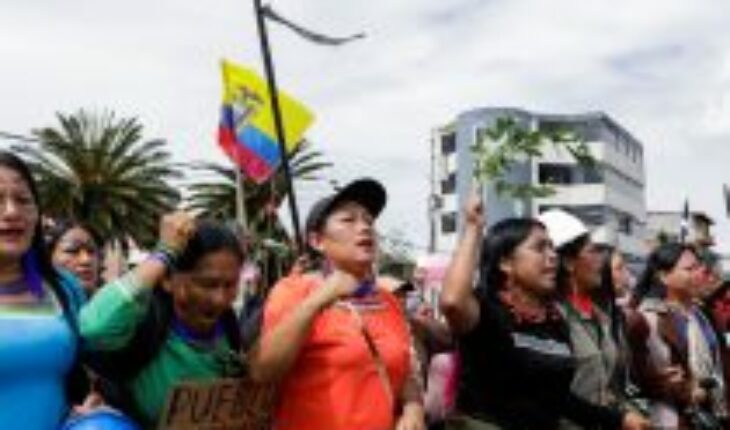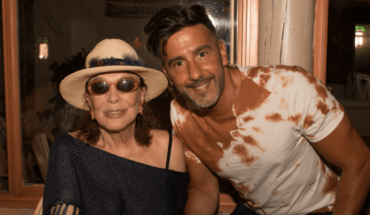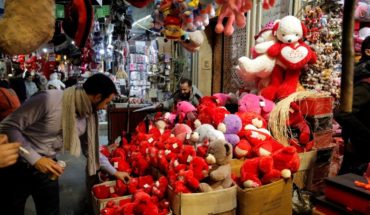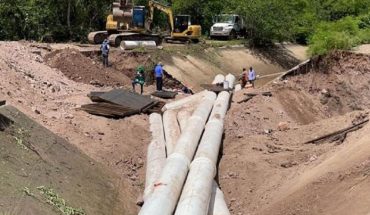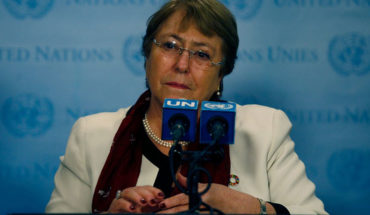Ecuador’s government and indigenous leaders met on Saturday, in a first approach for a formal dialogue after almost two weeks of protests but without any commitment, said the president of the Legislature, Virgilio Saquicela.
The sometimes violent demonstrations that began on June 13 with calls from indigenous people to lower fuel and food prices, among other demands, have led to at least six civilian deaths and multiple attacks on security forces.
You may also be interested in:
The protests have worsened President Guillermo Lasso’s already troubled relationship with the National Assembly, whose lawmakers have blocked his main economic proposals as he struggles to contain the growing violence he attributes to drug gangs.
The Assembly met Saturday night at the request of some opposition lawmakers to debate Lasso’s possible ouster, though the group does not appear to have the support to finally pass the measure.
Despite some government concessions, including subsidized fertilizers, debt forgiveness, and budget increases for health and education, dialogue between the parties has stalled for days.
“This dialogue has begun, there was no commitment. It’s a breakthrough, a start,” Saquicela told reporters. “We have asked as a National Assembly (…) that tensions are lowered, clashes are lowered while a solution is found.”
The meeting was attended by CONAIE leader Leonidas Iza and several government ministers, Saquicela added.
Following the meeting, Lasso ended a state of emergency in six provinces, as requested by indigenous leaders.
“With this, the National Government ratifies the willingness to guarantee the generation of spaces of peace,” the president’s press office said in a statement.
The president’s legal secretary, Fabian Pozo, told the National Assembly that the country was gradually returning to normal and that the government had listened to the legitimate demands of the protesters.
While Iza assured that he would partially open the roads blocked during the protests to allow food to enter the capital, where residents have complained about the shortage of supplies, but that they would remain in Quito until they get a satisfactory response from Lasso.
“We do not come to leave the blood of the brothers watering here, we come with a proposal,” Iza added at a rally of protesters.
Indigenous groups have demanded that the expansion of extractive projects be halted, and protesters have entered flower farms and oil fields.
The Energy Ministry said in a statement Saturday that the country’s oil industry has stopped producing more than 1 million barrels of crude, representing a loss of about $96 million.
In addition, he reported that the Mirador copper mine had to stop its operations, because the closure of roads stopped the access of the necessary supplies.
Follow us on

